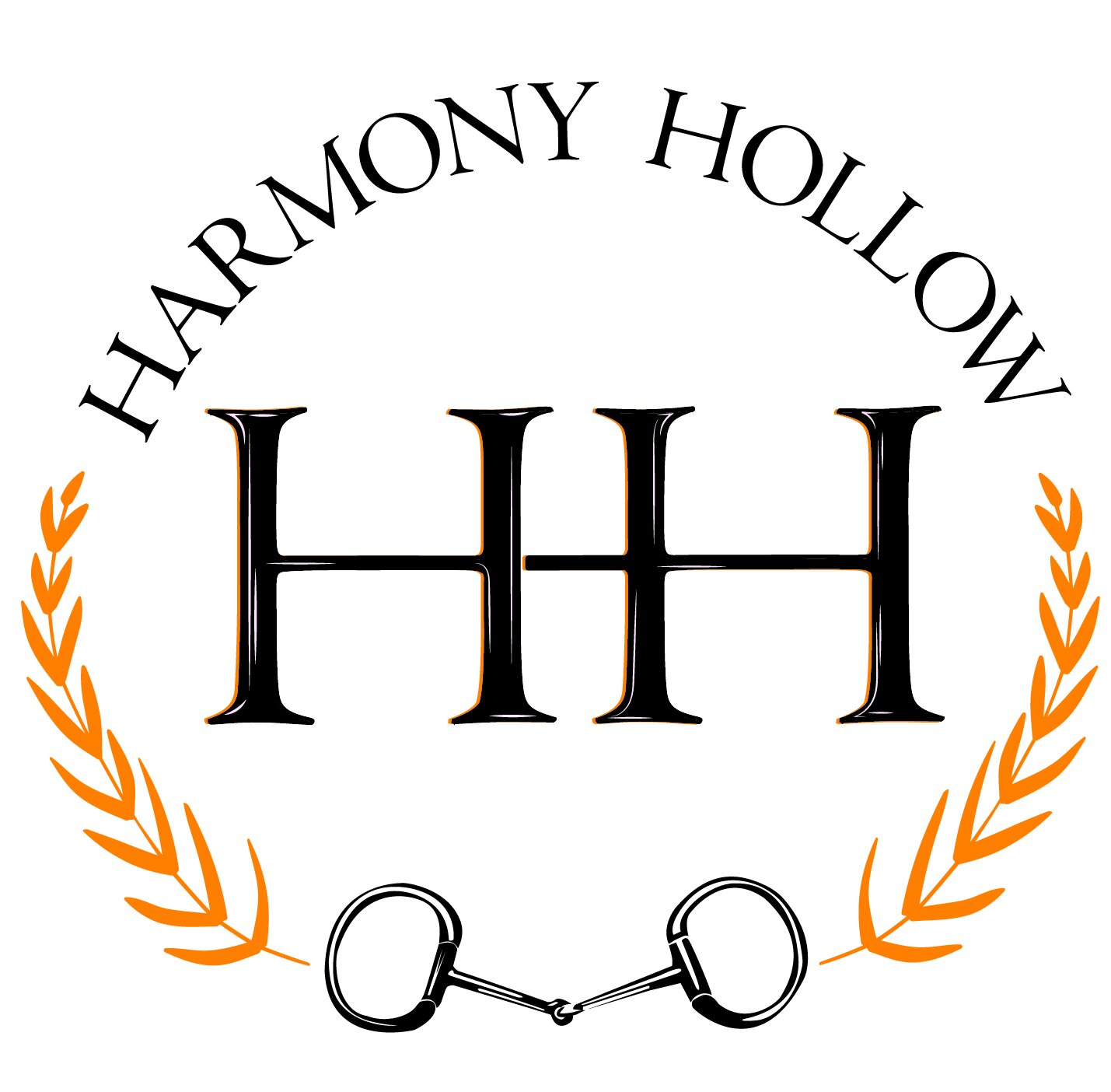Joseph M. Roebling, the descendant of Roebling family and Grandson of Ferdinand Roebling, was the original owner and founder of “Harmony Hollow”. The Roebling Story is a classic American tale of immigration, innovation, hard work, and entrepreneurship. The Roeblings designed and built, or installed the cables for several of the world’s most significant suspension bridges, including the Brooklyn Bridge, the George Washington Bridge, and the Golden Gate Bridge. Roebling wire rope helped make possible some of the most important technological achievements of the industrial age: telegraphs and telephones, electrification, deep mines and big ships, elevators, and airplanes (The Roebling Museum).
The main house on the Harmony Hollow Run was built in 1931 and designed by Kaplan Architecture. The large barn on the hill to the right of the house and the small barn on the driveway's right are both original structures used to house Mr. Roebling’s racing horses and prized stallions.
Joseph M. Roebling owned two successful racehorses, “Blue Peter” and “Case Ace.” Both horses were boarded and trained on the Harmony Hollow property. In 1948, Blue Peter was favored to win the Kentucky Derby after winning the Belmont Stakes and Saratoga Stakes. Unfortunately, due to an injury, he lost the race but was elected into the Aiken Thoroughbred Hall of Fame in 1977.
Mr. Roebling never had children, therefore upon his death in July of 1980, he bestowed Harmony Hollow to his nephew William Roebling. Shortly thereafter, the Jingoli family (current owners) purchased the property. However, in late 1980’s, a nearby farm adopted the “Harmony Hollow” name, so to keep the originality of the property, The Jingoli family added “Run” to the name.
In 2010, the entrance to the Brooklyn Bridge was renovated, and original pieces of stone from the entrance were transported to the farm. You can find these large boulders around the property.
When Joe and Michael Jingoli purchased the farm from their father, it was a nonworking farm altogether, even unable to board horses. In 2015, Joe Jingoli Jr. was mentoring a young man in early recovery and gave him work at the farm. They soon realized the farm needed more than one set of hands, so crews of young people in local, regional recovery programs were hired, mentored by safety and construction professionals, thus, “The F.A.R.M Team” was established!
Today, we continue to have both men and women in recovery working full-time on the farm, performing landscaping duties, equine care, and agricultural work. On this journey, our groups build teamwork, trust, and a strong work ethic. They also have the opportunity to connect with professionals, with the ultimate goal of helping to establish long term work and careers.




